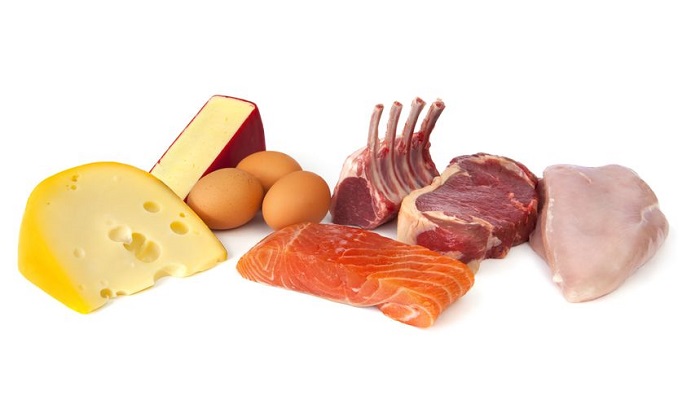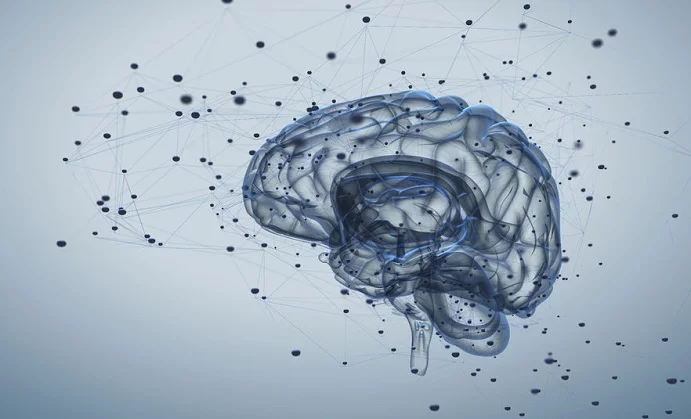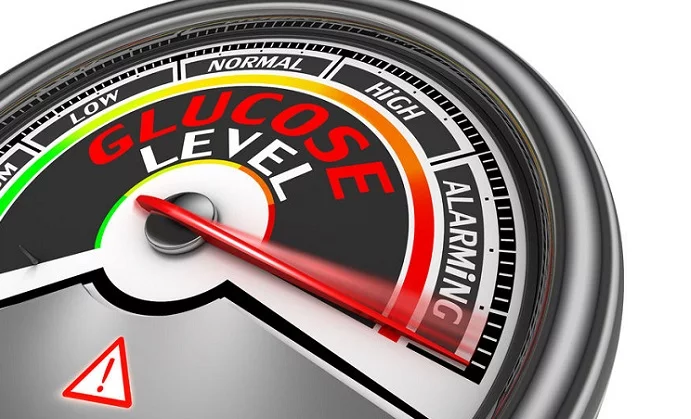There is no shortage of information when it comes to diet, however, understanding what it all means can be overwhelming and often leaves us confused and returning to our old bad habits. Fortunately, you do not need to be a nutritionist when it comes to choosing the right foods for a heart-healthy diet.
Today, we are going back to basics and discussing one of the most important food groups associated with a heart-healthy diet. Protein.
What is Protein?
Proteins contribute to about 15% of our body weight and is a fundamental building block in the human body. About half the proteins we ingest are made into enzymes which have specific functions such as digesting food, developing new cells, maintaining tissues and synthesizing new proteins which make it possible for everyday bodily functions.
How Much Protein Do We Need?
It is important to eat the correct balance of proteins daily. Eating too much protein may cause excess nitrogen waste in the blood and may put stress on the kidneys. Proteins contain 4 calories per gram and are used to provide your body with energy, however, an excess of protein is stored as fat and will result in weight gain. A deficiency of proteins can also cause weight gain, muscle atrophy and impaired functioning of the human body.
The daily recommended intake of proteins is at least 0.8 grams of protein per kilogram of body weight per day. The US Department of Agriculture has a handy calculator available for Dietary Reference Intakes (DRIs).
What Proteins Do I Need for A Healthy Heart?
There are various types of proteins, however, not all of them are beneficial to the heart. Proteins that are high in saturated fat such as poultry with the skin, fatty beef, and full cream dairy products heighten low-density lipoprotein (LDL) cholesterol levels which can lead to heart disease. Replacing high-fat meats and dairy products with healthy proteins such as lean meats, fish, and low-fat dairy can help lower cholesterol, blood pressure and help you maintain a healthy weight.
Nuts and Legumes
Walnuts, almonds, and cashews are not only a great source of protein, they are a powerhouse of omega-3, vitamin E, fiber and unsaturated fats. Nuts have been linked to lower inflammation in heart disease and lower levels of LDL.
Beans, split peas and chickpeas are great examples of healthy protein and are wonderful alternatives to fatty meats. They are low in cholesterol and contain almost no fat. Legumes have been shown to improve serum lipid profiles in patients with heart disease.
Fish
Fish is one of the best proteins to help prevent cardiovascular disease. Eating fish such as tuna and salmon is a smart choice when it comes to heart health. Both examples are packed with omega-3 fatty acids and contain a variety of nutrients such as potassium, vitamins B6, B12 and D. It is recommended that you eat a 3 to 6-ounce fillet or one 3-ounce can of fish each week.
Reduced Fat Dairy
Choosing lower fat alternatives to high-fat dairy products protects you from heart disease, stroke and reduces the risk of osteoporosis. Foods such as low-fat milk, cheese, and yogurt are a great source of protein, zinc, iodine, calcium, vitamins A, B, and D.
Do you want to find an effective CoQ10 treatment? Check out our top rated CoQ10 products












